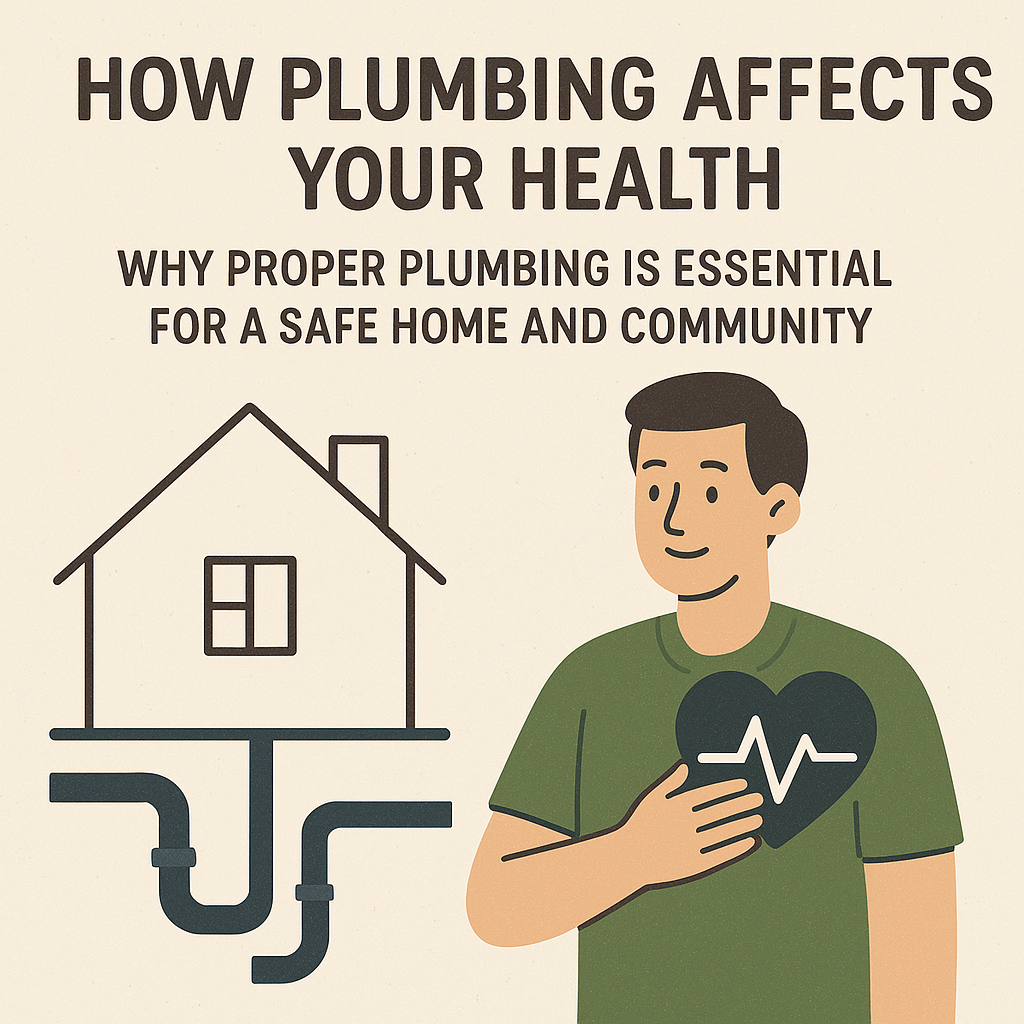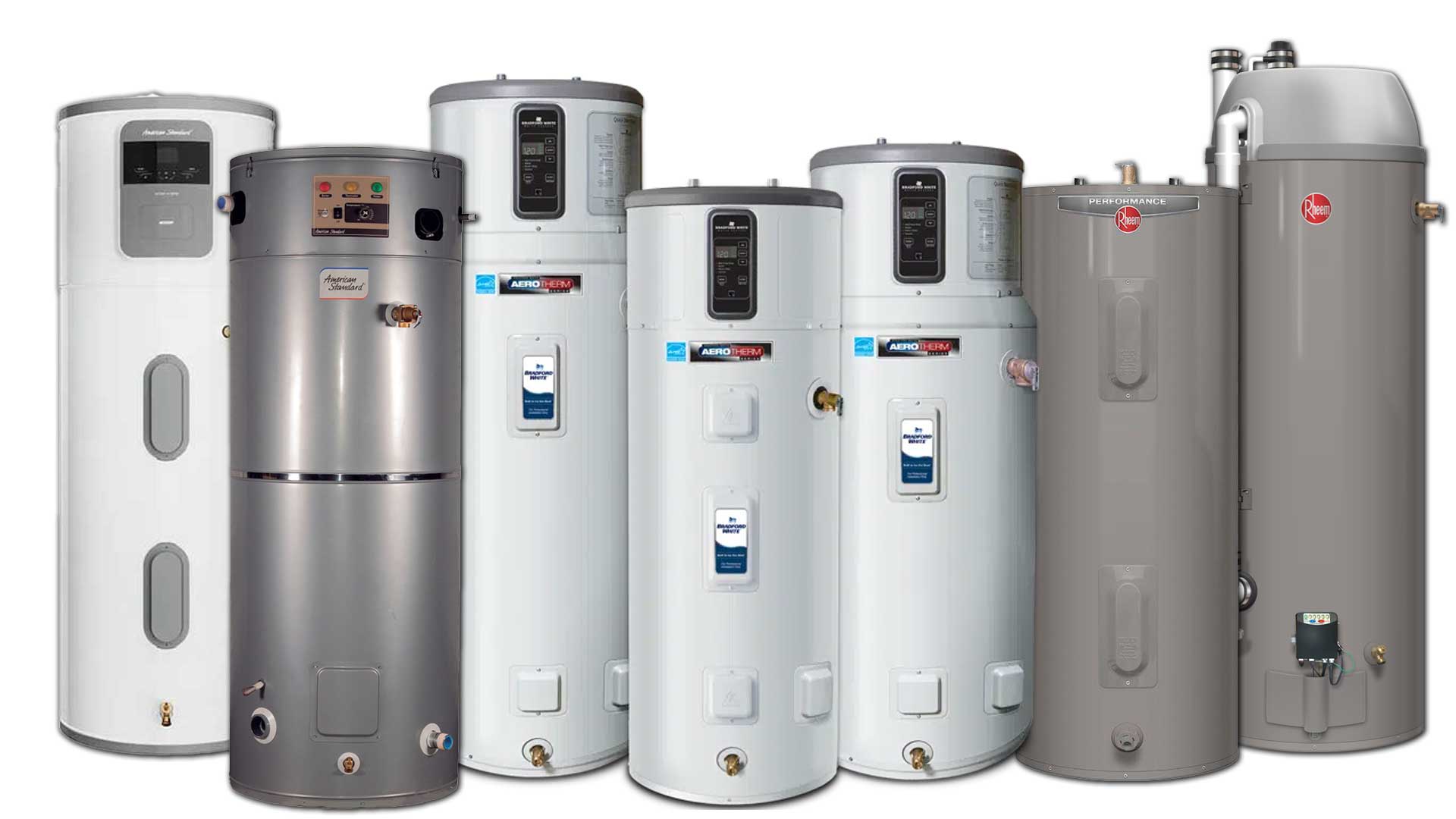At Smart Plumbers and Rooters, we know that plumbing isn't just about pipes and fixtures; it's also about ensuring that the systems in your home work in a way that keeps your family safe, healthy, and comfortable. Plumbing plays a crucial role in your overall health, and improper or outdated pluming can lead to a variety of health issues. Here's how plumbing impacts your health and why regular maintenance and repairs are so important!
- Clean Water Supply: The Foundation of Good Health
Your plumbing system provides clean, potable water for drinking, cooking, bathing, and cleaning. This is perhaps the most direct way plumbing affects your health. If your pipes are old, corroded, or have not been maintained properly, they can contaminate your water supply with harmful substances like lead, rust, and bacteria. Exposure to these contaminants can cause serious health issues, including:
- Lead poisoning: Lead in drinking water is a risk, especially if your home has old lead pipes.
- Gastrointestinal issues: Bacteria and pathogens from contaminated pipes can lead to nausea, vomiting, diarrhea, and even more severe illnesses.
- Respiratory problems: Dust and particles from corroded pipes can affect your air quality.
- Prevention of Mold Growth
One of the most common plumbing-related health hazards comes from mold growth, which can be caused by leaks or poor drainage. When pipes leak, moisture accumulates in hidden areas of your home, such as walls, floors, and basements; over time, this moisture creates the perfect environment for mold to grow and thrive.
Mold exposure can cause:
- Allergic reactions: Sneezing, coughing, and itchy eyes are common symptoms of mold exposure
- Respiratory issues: Prolonged mold exposure can worsen asthma and other respiratory conditions
- Skin irritation: Mold spores can cause rashes and irritation on the skin.
Regular plumbing inspections and addressing leaks promptly can prevent mold from taking hold in your home.
- Waterborne Diseases and Pathogens
The plumbing system in your home also affects the proper disposal of wastewater. If your drainage or sewer lines are clogged, damaged, or improperly maintained, wastewater can back up into your home, creating a hazardous situation. Contaminated water can carry waterborne diseases, such as:
- Giardia: A parasite that causes stomach cramps, diarrhea, and vomiting
- E.coli: A bacterial infection that can cause severe gastrointestinal distress
- Salmonella: Another bacterium that can lead to stomach illnesses
These pathogens can pose serious health risks to you and your family, particularly young children and the elderly; therefore, proper maintenance of your drains and sewer lines is essential to avoid these risks.
- The Risk of Cross-Contamination
Cross-contamination can occur when contaminated wastewater mixes with clean water in your home. This can happen when plumbing systems are not installed properly or when backflow devices are not working as they should. Backflow occurs when water from your plumbing system, such as from a drain or toilet, flows backward into your clean water supply, potentially introducing harmful chemicals, bacteria, and other contaminants.
To avoid cross-contamination, it is crucial to ensure your plumbing system is properly equipped with the right backflow prevention devices, and have them inspected regularly by a professional plumber.
- Maintaining Safe Water Pressure
Your plumbing system also regulates the water pressure throughout your home. If your water pressure is too high or too low, it can lead to various health risks. Low water pressure can make it harder to wash dishes, clean, and take showers properly, potentially leading to poor hygiene. Conversely, high water pressure can cause leaks or bursts in pipes, which can create a breeding ground for various bacteria and mold, ultimately compromising your health and safety.
Regularly checking and maintaining proper water pressure ensures that your plumbing system works efficiently and healthily.
- Wastewater and Septic System Health

For homes with septic systems, regular maintenance is essential to ensure that waste is properly processed and disposed of. An improperly maintained septic system can lead to backups, odors, and even the spread of disease. Septic systems should be inspected every few years to make sure they're functioning correctly, which not only helps avoid costly repairs but also ensures that your family stays safe from water contamination.
Looking Ahead: Prioritize Plumbing for Your Family's Health
Your plumbing system is not solely limited to a network of pipes and fixtures--it's an essential part of maintaining a healthy and safe home. Regular maintenance, inspections, and prompt repairs can prevent a wide range of plumbing-related health issues, from water contamination to mold growth and respiratory problems. At Smart Plumbers and Rooters, we're committed to keeping your plumbing system in top condition, ensuring that it supports your home's safety and your family's well-being.
If you notice any issues with your plumbing system, don't wait to get help. Call Smart Plumbers and Rooters today to schedule a professional inspection and take the necessary steps to protect your health.




Leave a comment
This site is protected by hCaptcha and the hCaptcha Privacy Policy and Terms of Service apply.